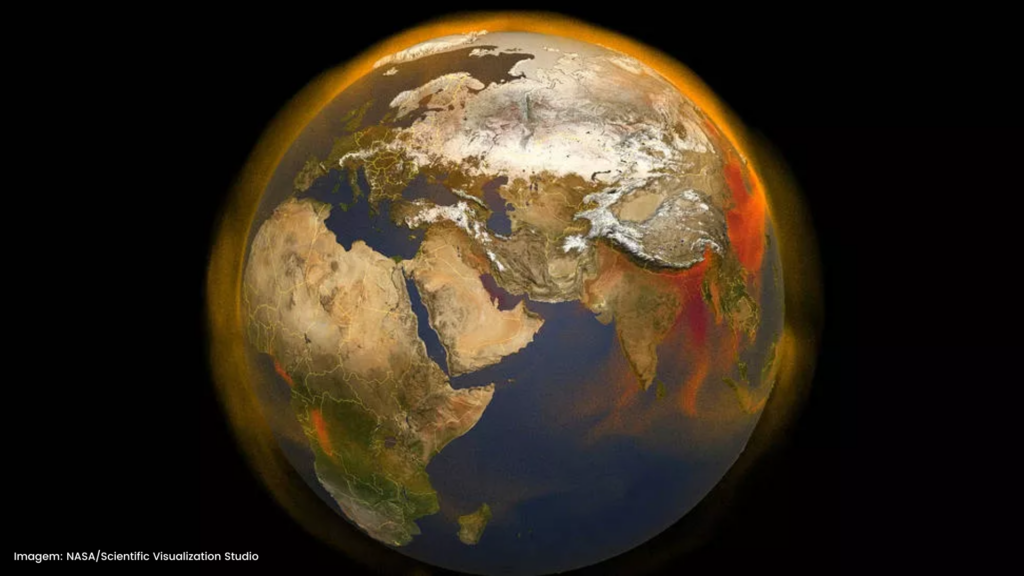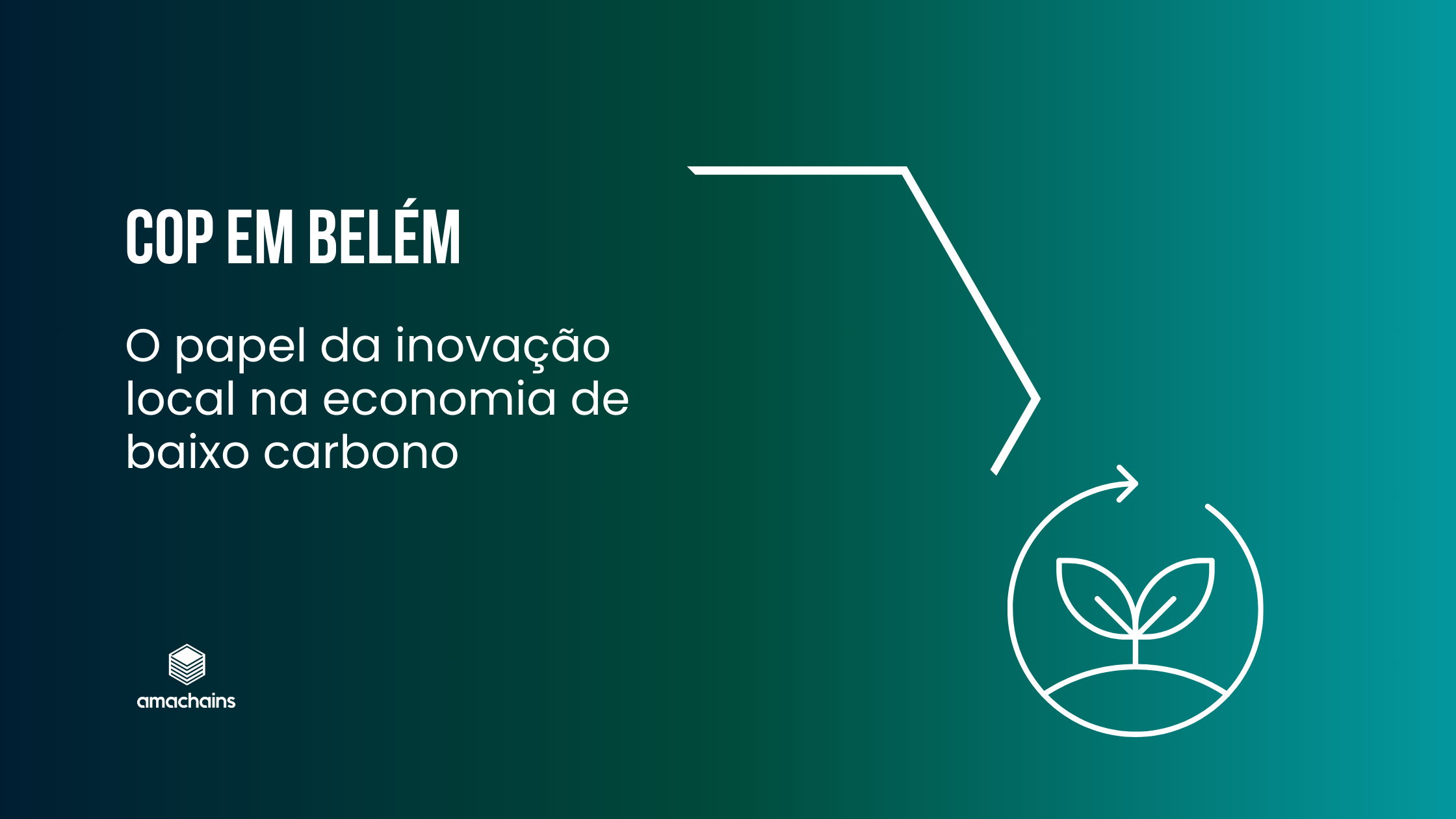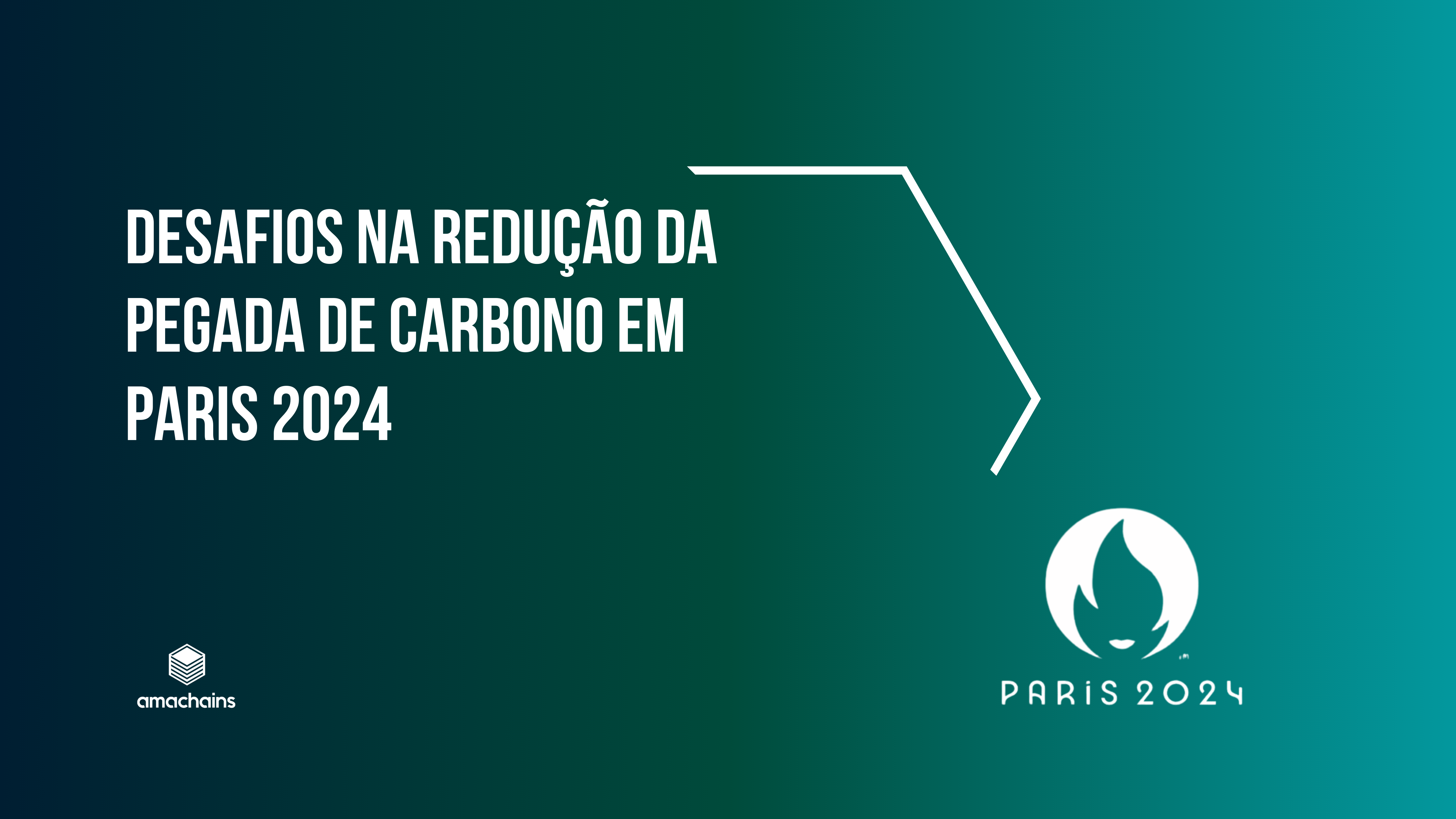Climate change is a set of long-term changes in the weather and temperature patterns of our planet. It can be caused by natural processes or by human action.
Solar radiation and the Earth's rotation and translation movements are considered natural processes.
Since its formation more than 4 billion years ago, Earth has undergone natural climate changes. Scientists estimate that in the last 3 billion years the planet has gone through at least five glacial cycles, during which global temperatures dropped considerably for long periods of time.
However, since the Industrial Revolution, climate change has accelerated due to the uncontrolled emission of greenhouse gases (GHG), mainly through the burning of fossil fuels to supply industries, homes and transport, and deforestation to accommodate the advance of industrialization and the growth of cities, both resulting from human action. The average temperature on the Earth's surface has increased by about 1.1ºC since then.
Since the second half of the last century, the consequences of this increase in temperature have become more evident: increased melting at the poles, more acidic oceans, which harms marine life, rising sea levels, intense and prolonged rains, extreme droughts and desertification.
It is predicted that if we continue at this rate of greenhouse gas (GHG) emissions, the planet's temperature will rise by more than 2.5ºC by the end of this century, making us more vulnerable to extreme weather events.
Don't miss the next article on weather events!








